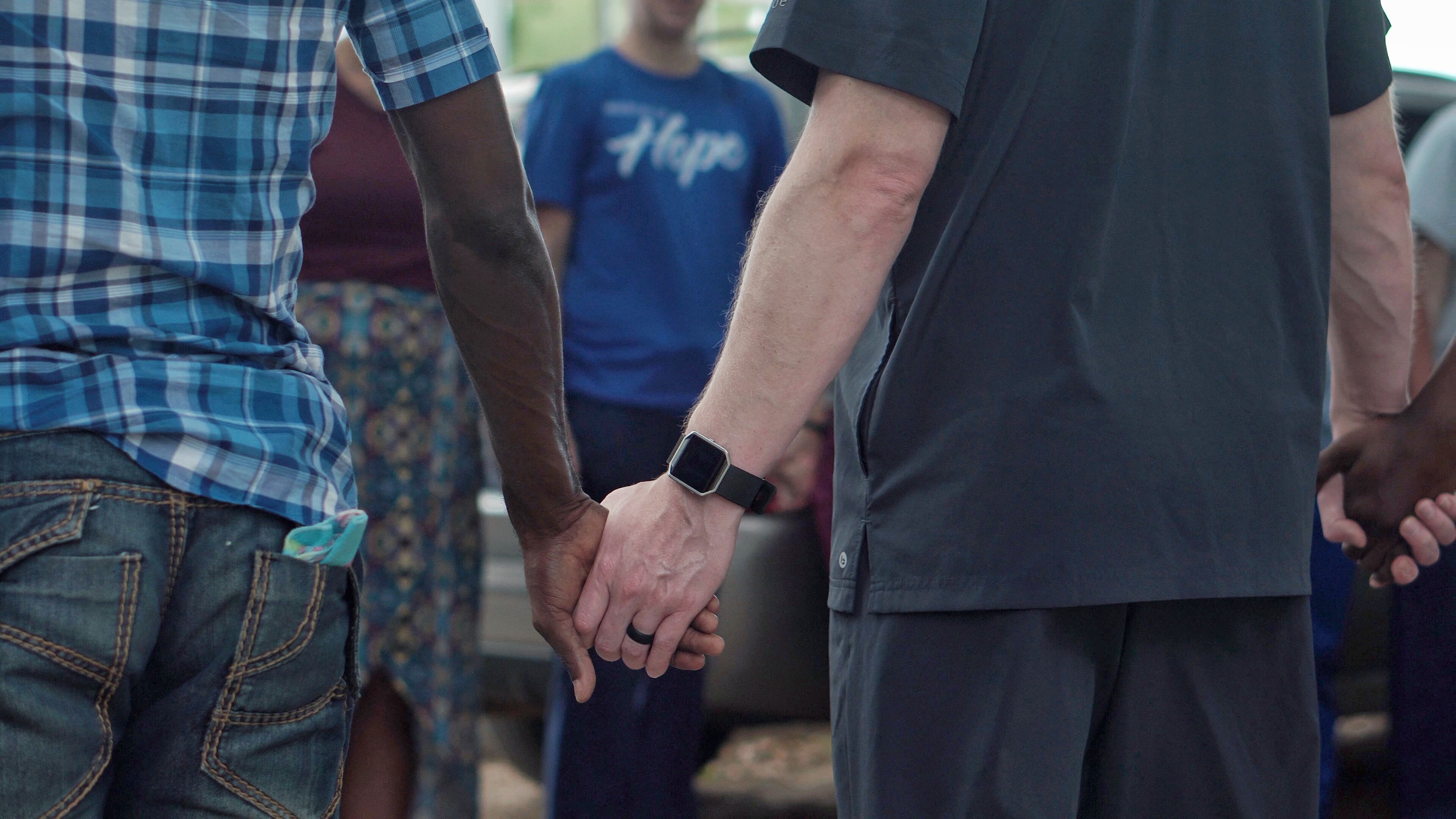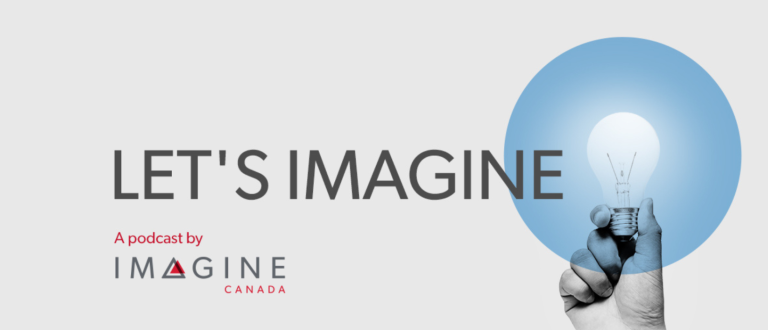Over the past few weeks I have had the good fortune of travelling from the Atlantic to the Pacific. It has been an interesting time to connect with people - coming on the heels of the federal election and then heading into Remembrance Day and even the Don Cherry ‘poppy rant’.
I have been struck by two stark contrasts – the cracks in the national federation that have been laid bare by the recent federal election and the unifying force (well, for the most part) that we witness each November 11th
Reflections on the 2019 federal election
The October federal election was a campaign unlike any in recent memory. It exposed differences based in regional interests. It was conducted with a tone that was nasty and personal. It surfaced a growing cynicism and pessimism from the electorate.
In fact, a number of post-election stories talked about how this was not an election won, but rather an election about who lost the least. Division across this nation seems to be on the rise.
As Canadians wrestle with the outcomes of the election, one thing is reasonably certain – there is a high probability that we will be doing this again in about two years.
A Remembrance Day to remember
At the same time, Remembrance Day provided a moment to reflect on how Canada has become the best place in the world to live. A nation that is celebrated not only for its natural beauty, but for its economic prosperity, its welcoming of newcomers, its quiet and unstated leadership in the world and a place where differences are settled with words rather than violence.
My father-in-law was a proud Korean War veteran. Someone who believed in the very fabric of this country and was willing to fight for the ideals that built this country. I wonder what he would think of the state of the federation were he still alive.
In these divisive times what can charities and nonprofits do?
In pondering our collective future, I wonder if this present day tone of negativity and divisiveness can be reversed and moved to a place where we more strongly value the things we have in common and, in recognizing our differences, do so in a manner that demonstrates respect, integrity and hope.
Can the charitable and nonprofit sector play a role in bridging the polarization that is consuming Canada?
As someone who spends my time working with the nation’s charities and nonprofits – sometimes known as civil society – I believe that actions rooted in community, in helping and caring about others can illuminate a path towards a more ‘civil’ society.

More than ever, our country needs charities, nonprofits and social entrepreneurs
How charities can get us towards a more ‘civil’ society
There is an intrinsic human connection that is fostered by coming together for a common cause. From stepping out from behind our computer screens and disengaging (albeit briefly!) from our phones to work together for the betterment of our communities.
One of the interesting things about ‘causes’ is that they are ideologically, regionally, racially and linguistically agnostic. All Canadian communities face challenges brought on by health issues, poverty, homelessness, aging etc. Political ideology only surfaces when talking about possible solutions.
Political participation is but one way to move forward in bettering our nation.
Canada’s causes offer a way to build a more civil society. This can be fostered through authentic engagement, caring about neighbours, advocating for solutions, contributing time and money.
Bridging connections in divisive times
The very human acts of spending an afternoon feeding the homeless, canvassing for a cause that affects a family member, friend or colleague, contributing decades of experience to revamp the strategy of a local community group or investing in a young person with a budding social enterprise all build a base of trust and understanding.
Instead of anonymously lobbing insults from the safety of cyberspace, let’s collectively put a human face on those we easily criticize. If the ‘other side’ is standing beside you coaching your youth soccer team, it stands to reason that a future political discussion will be rooted in respect, civility and honesty.
I’m an optimist.
This is probably one of the reasons that I have spent my entire career working in the charitable and nonprofit sector. While I see many of the problems and challenges facing our country, I firmly believe that it is time for this sector to shine.
Canada is counting on charities and nonprofits in 2020
To be a place where people can develop real relationships as they participate in bettering their communities. To hold to account our national leaders to a debate that builds from commonality and acknowledges differences in a respectful way. And, to act as a bridge in fostering greater understanding between citizens.
More than ever, our country needs charities, nonprofits and social entrepreneurs. We are the segment of society that creates solutions to community problems in a way that brings people together. Not in a way that drives them apart.
As we move into 2020, let’s re-double our efforts to strengthen our collective work. The country is counting on us.


